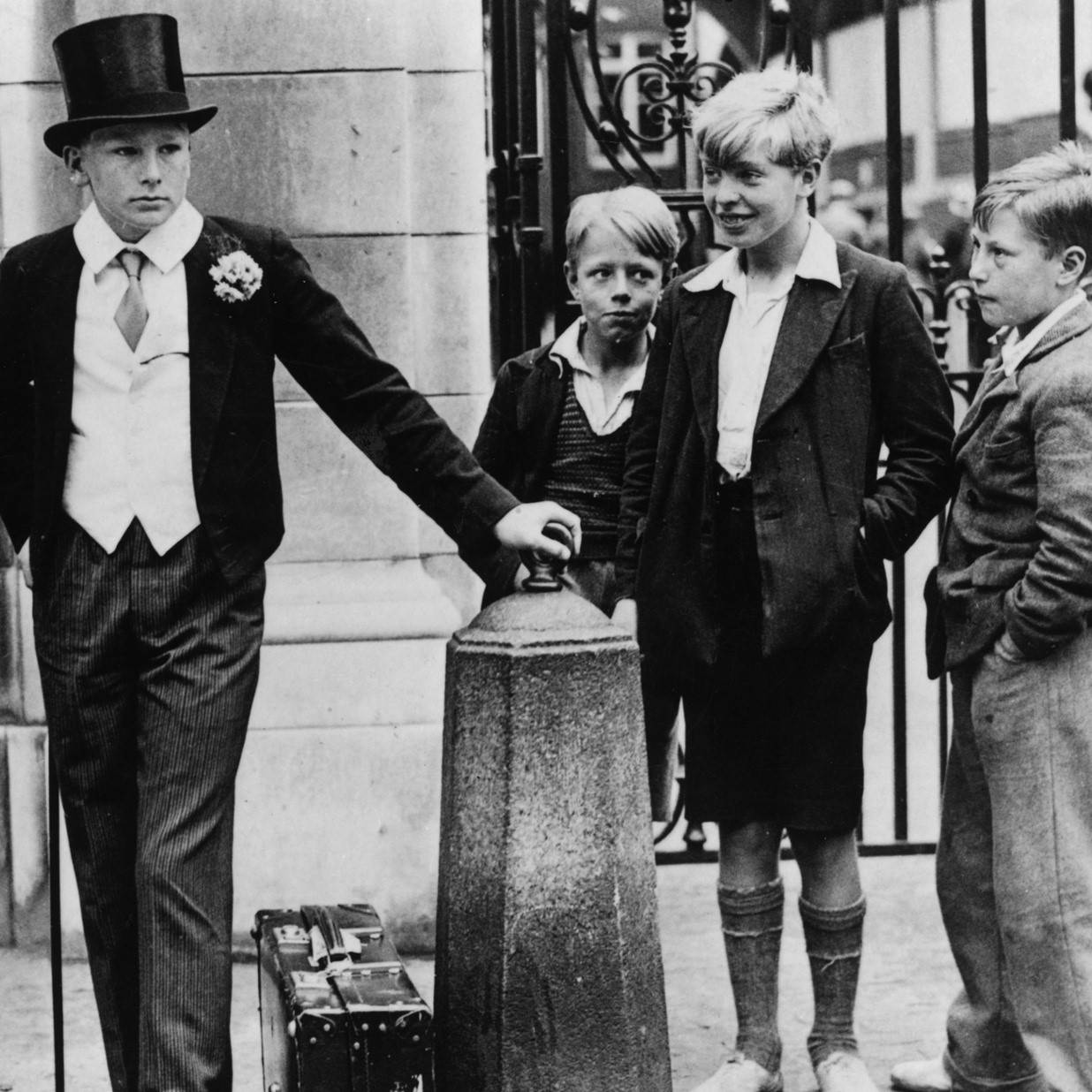April 19, 2017
UK lags behind international competitors in key employment skills, warns CIPD 0
As the country gears up for another general election, the CIPD warns today that the UK lags well behind its competitors in Europe and much of the OECD in literacy and numeracy, learning and development, and digital skills. According to the new analysis, this is largely due to the fact that UK employers train less and invest less in skills than most other EU countries. In its report – From ‘inadequate’ to ‘outstanding’: making the UK’s skills system world class’ – the CIPD warns that the UK is sleepwalking into a low-value, low-skills economy which leaves the nation ill-prepared for its post-Brexit future, particularly if the UK is to face restrictions on accessing talent from outside of the UK. The HR body is urging the Government to make funding available to tackle the problem in the workplace. The analysis, which forms part of the CIPD’s formal response to the Government’s Industrial Strategy Green Paper, highlights multiple failings in the UK.














 It is two years since the introduction of Shared Parental Leave (SPL), where couples were given the ability to share leave surrounding the arrival of a new addition to their family; and while sharing leave is seen to have a profound beneficial impact for the family, there are still plenty of barriers. According to
It is two years since the introduction of Shared Parental Leave (SPL), where couples were given the ability to share leave surrounding the arrival of a new addition to their family; and while sharing leave is seen to have a profound beneficial impact for the family, there are still plenty of barriers. According to 








 Accommodation and food services, manufacturing, and transport industries will be hardest hit by limits on movement of EU and non-EU workers following Brexit, a new report has claimed. The latest edition of Mercer’s
Accommodation and food services, manufacturing, and transport industries will be hardest hit by limits on movement of EU and non-EU workers following Brexit, a new report has claimed. The latest edition of Mercer’s 












April 7, 2017
Flexible working is not a magic bullet for workplace ills 0
by Charles Marks • Comment, Flexible working
(more…)